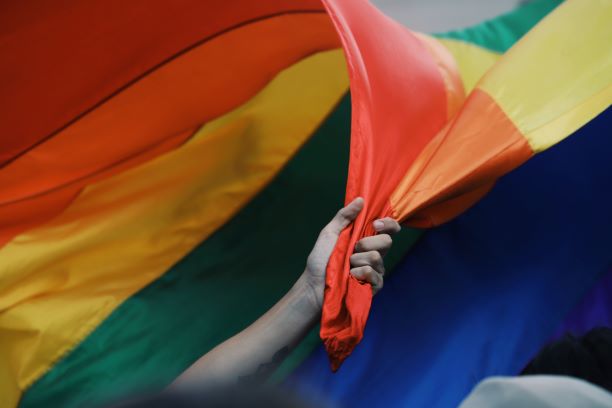In a decision written by Justice Neil Gorsuch, in the case of Bostock v. Clayton County, GA, a majority of the United States Supreme Court has determined that LGBTQ workers are protected by Title VII of the Civil Rights Act of 1964. This historical ruling finally makes clear that an employer who fires an individual merely for being gay or transgender violates federal law. Despite using the pejorative term “homosexual” throughout the decision, in all other respects the ruling is a resounding affirmation that LGBTQ individuals are to be treated with the same dignity and respect as other workers.
The ruling addresses three cases that made their way to the high court from various places throughout the country. When Gerald Bostock participated in a gay recreational softball league, he was terminated by Clayton County, Georgia for conduct “unbecoming” a county employee. Donald Zarda, a sky-diving instructor in New York, was terminated days after he mentioned being gay. And a Michigan funeral home fired Aimee Stephens, who began employment as a male, after she informed her employer that she planned to “live and work full-time as a woman.” While each of these cases began for the same reason, the different results in the lower courts left uncertain whether LGBTQ individuals could rely upon Title VII to protect them.
The Supreme Court now addresses that uncertainty and, in so doing, thoroughly examines and rejects each employer’s justification for the challenged termination by examining the legislative history, text and plain meaning of “sex” as defined within Title VII, a sweeping federal statute first adopted by Congress in 1964 to address workplace disparities and inequities. In enacting this statute, the court noted that “Congress adopted broad language making it illegal for an employer to rely on an employee’s sex when deciding to fire an employee.” A necessary consequence of this legislative intent was that an employer who fires an individual “merely for being gay or transgender defies the law.” In other words, the Supreme Court now makes clear that a decision to fire an employee merely because of sexual identity makes a decision based upon sex in violation of Title VII.
Not surprisingly, Justice Gorsuch left for another day the question as to whether an employer who invokes a religious freedom defense can evade Title VII liability. In other words, left unsettled is whether religious organizations can continue to discriminate against LGBTQ individuals based upon a defense that a gay or transgender person flouts the exercise of religious freedom. This issue is soon to reach the high court as two pending cases present the question whether teachers who provide religious instruction are exempt from Title VII’s protections.
In dissent, Justice Alito joined by Justice Thomas, and Justice Kavanaugh writing separately, each reject the majority decision as usurping the role of Congress and what Congress intended in 1964. The dissent rejects the idea that courts should “update old statutes so that they better reflect the current values of society.” Rather, the dissent concludes Congress did not intend to outlaw discrimination because of gender identity or sexual orientation in 1964 and, thus, the majority is mistaken in interpreting Title VII to extend such protections in 2020.
While the majority decision presents any number of issues to be addressed in future litigation, there can be no doubt that today the Supreme Court has, at last, determined employers can no longer discriminate against LGBTQ individuals with impunity.


